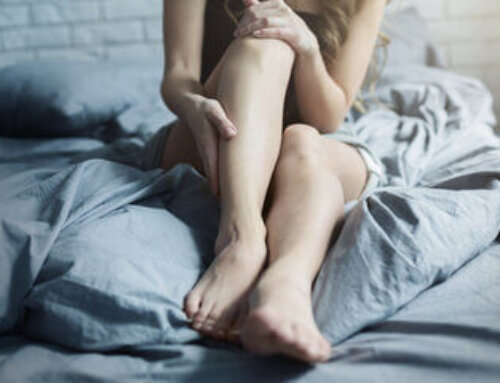EMBARGOED FOR RELEASE: June 9, 2008, at 12:01 a.m.
CONTACT: media@aasm.org
WESTCHESTER, Ill. – College students involved in extracurricular activities are more likely to have sleep deprivation and be sleepy during the daytime, which can negatively affect their academic performance, according to a research abstract that will be presented on Monday at SLEEP 2008, the 22nd Annual Meeting of the Associated Professional Sleep Societies (APSS).
The study, authored by Maurice Ohayon, MD, PhD, of Stanford University, focused on 1,529 students living in the Stanford campus residence halls, who were questioned about their extracurricular activities, social network, health, sleeping habits, and sleep and mental disorders.
According to the results, a total of 62.4 percent of the students were involved in extracurricular activities (working: 35.6 percent; voluntary work: 22.9 percent; inter-collegial sport team: 6.7 percent; other: 32.5 percent) at the time of the interview. The students devoted an average of 16 hours per week to these activities. Insomnia and excessive daytime sleepiness were frequent complaints among students: 6.3 percent of them complained of a non-restorative sleep, 9.7 percent of a difficulty maintaining sleep, and 5.6 percent of difficulty initiating sleep at least three nights per week. Moderate or severe daytime sleepiness was reported by 27.2 percent of the students. Sleep duration of less than six hours was reported by 17.9 percent of the students. Being a student involved in extracurricular activities more than 10 hours per week was a significant predictor for non-restorative sleep, sleep duration of less than six hours per night and excessive daytime sleepiness.
“We have known for some time that working while studying impacts on academic performance. Moreover, it also has important consequences on sleep quality and quantity. This association is ‘dose-related’: students that are involved in more than 10 hours per week of extra-curricular activities are more likely than the others to be unrested upon awakening, sleepy during the daytime and cutting on sleeping time. The period of work in the day is also playing a role: evening or night shifts are the most disturbing hours for the students,” said Dr. Ohayon.
It is recommended that adults get between seven and eight hours of nightly sleep.
The American Academy of Sleep Medicine (AASM) offers the following tips on how to get a good night’s sleep:
- Follow a consistent bedtime routine.
- Establish a relaxing setting at bedtime.
- Get a full night’s sleep every night.
- Avoid foods or drinks that contain caffeine, as well as any medicine that has a stimulant, prior to bedtime.
- Do not stay up all hours of the night to “cram” for an exam, do homework, etc. If after-school activities are proving to be too time-consuming, consider cutting back on these activities.
- Keep computers and TVs out of the bedroom.
- Do not go to bed hungry, but don’t eat a big meal before bedtime either.
- Avoid any rigorous exercise within six hours of your bedtime.
- Make your bedroom quiet, dark and a little bit cool.
- Get up at the same time every morning.
Those who suspect that they might be suffering from a sleep disorder are encouraged to consult with their primary care physician or a sleep specialist.
The annual SLEEP meeting brings together an international body of 5,000 leading researchers and clinicians in the field of sleep medicine to present and discuss new findings and medical developments related to sleep and sleep disorders.
More than 1,150 research abstracts will be presented at the SLEEP meeting, a joint venture of the AASM and the Sleep Research Society. The three-and-a-half-day scientific meeting will bring to light new findings that enhance the understanding of the processes of sleep and aid the diagnosis and treatment of sleep disorders such as insomnia, narcolepsy and sleep apnea.
Sleep Education, a patient education Web site created by the AASM, provides information about various sleep disorders, the forms of treatment available, recent news on the topic of sleep, sleep studies that have been conducted and a listing of sleep facilities.
Abstract Title: Sleep Consequences of Working for University Students
Presentation Date: Monday, June 9
Category: Insomnia
Abstract ID: 0717




